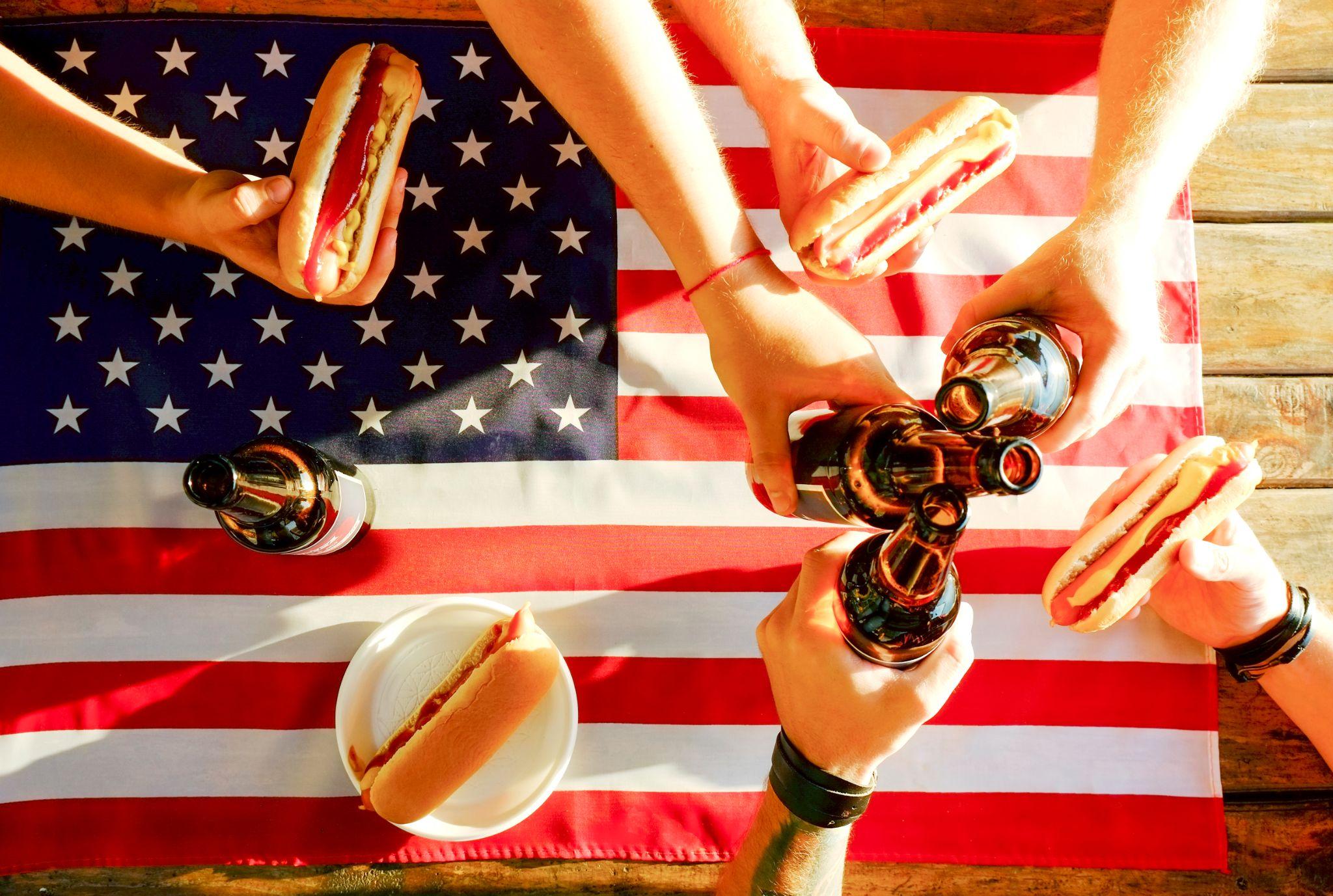For many people in recovery, being sober during holiday events such as Saint Patrick’s Day, the 4th of July, and New Year’s can be difficult as these celebrations have become synonymous with drinking.
These occasions can make those in addiction recovery feel uncomfortable or put their sobriety at risk. Recognizing the importance of navigating these times safely, a holiday relapse prevention plan becomes not just beneficial for staying sober but essential.
Creating a holiday event relapse prevention plan can help ensure celebrations can be enjoyed without compromising the journey to lasting sobriety.
The Importance of a Relapse Prevention Plan
Celebrations in the United States often come with cultural and social expectations of drinking and partying. While these traditions can be a source of enjoyment for many, they’re usually not sober friendly and helpful in avoiding relapse.
The presence of alcohol, the stressful situations of social and family gatherings, and the emotional weight of certain holidays can all act as triggers. A relapse prevention plan serves as a personalized strategy, designed to acknowledge and address these triggers, equipping individuals with the tools they need to navigate holiday events safely and maintain their sobriety.
Crafting Your Plan
Creating a relapse prevention plan tailored to celebratory events and holidays is a critical step for anyone in recovery. This plan acts as a roadmap, guiding individuals through potentially challenging times with strategies and tools designed to maintain sobriety. Below, we delve deeper into the components of such a plan, highlighting practical steps and considerations to ensure success.
Recognize Your Triggers
The first crucial step in crafting your plan is to recognize the triggers that celebratory events might present. Triggers can be diverse, ranging from seeing others drink, feeling the pressure of social expectations, to experiencing heightened emotions associated with certain dates or gatherings. By identifying these triggers in advance, you can prepare yourself mentally and emotionally to face them without compromising your recovery journey.
Develop Coping Strategies
Once triggers are identified, the next step is to develop a robust set of coping strategies. These strategies should be tailored to your personal experiences and may include techniques such as mindfulness, which can help ground you in the moment, or cognitive-behavioral strategies to challenge and reframe negative thoughts. Additionally, planning practical responses to offers of alcohol or drugs, such as having a polite but firm refusal ready, can empower you to navigate social interactions confidently.
Plan for Social Gatherings
Anticipating the dynamics of social gatherings and having a plan in place is essential. Consider informing the host of your sobriety to ensure there are non-alcoholic options available. Plan your arrival and departure times to avoid periods of high temptation, and have an exit strategy if you start to feel overwhelmed. Knowing the layout of the event, including areas where you can take a moment for yourself, can also provide a sense of control.
Establish a Support System
A strong support system is invaluable. Inform a few trusted individuals about your concerns and plans regarding the event. These allies can offer emotional support, help you navigate challenging situations, and even serve as your accountability partners. In moments of doubt, knowing that you have someone to call or text can make all the difference.

Prioritize Self-Care
The importance of self-care cannot be overstated, especially during busy or emotionally charged periods. Ensure that your plan includes activities that nourish your body, mind, and spirit. Whether it’s regular exercise, meditation, engaging in a hobby, or simply ensuring you get enough rest, self-care practices can enhance your resilience against triggers.
Create New Traditions
Embracing the opportunity to create new traditions can redefine what celebratory events mean to you. Focus on activities that bring joy and fulfillment without the need for substances. From hosting a sober game night to starting a gratitude circle with friends or family, new traditions can reinforce your commitment to recovery and create lasting, positive memories.
Reflect on Your Progress
Amidst the challenges, take time to reflect on the progress you’ve made in your recovery. Acknowledge the strength it takes to navigate celebratory events soberly, and use this reflection as a source of motivation and encouragement. Your journey is one of immense courage and resilience, and each event navigated successfully is a testament to your dedication to a healthier, substance-free life.
Establish Healthy Boundaries
Establishing healthy boundaries is a critical component of any relapse prevention plan. This means setting limits for yourself regarding what you will and won’t accept from your environment and the people around you. It also involves communicating your needs to others clearly and assertively.
For instance, if attending a celebration where alcohol will be present, decide beforehand whether you’re comfortable in that setting and what your limits are. If you choose to attend, it may be helpful to have a response ready for when someone offers you a drink, such as, “I’m not drinking tonight, but I’d love a soda or water if you have it.”
Engage in Positive Distraction
Engaging in positive distraction is about finding and participating in activities that bring you joy and fulfillment without involving substances. These activities not only serve as a way to distract yourself from potential triggers but also enrich your life and recovery journey. Before the event, consider planning activities or hobbies that you can look forward to.
During the event, have a few strategies that can help redirect your focus if you feel overwhelmed. You could try going outside for a breath of fresh air, engaging in a deep conversation with a friend about a non-triggering topic, or even having a book or puzzle on hand.
Find the Support You Need With Lumina Recovery
Holidays and social gatherings don’t have to be a source of stress or a risk for relapse. By understanding the importance of a relapse prevention plan and taking proactive steps to craft one, individuals in recovery can navigate these events with confidence.
Remember, every step taken in preparation and every strategy developed is a testament to your commitment to recovery and your resilience in the face of adversity. Lumina Recovery provides addiction treatment programs to help you at any stage of the journey from detox to sober living.
To learn more for yourself or a family member, contact our team today.


